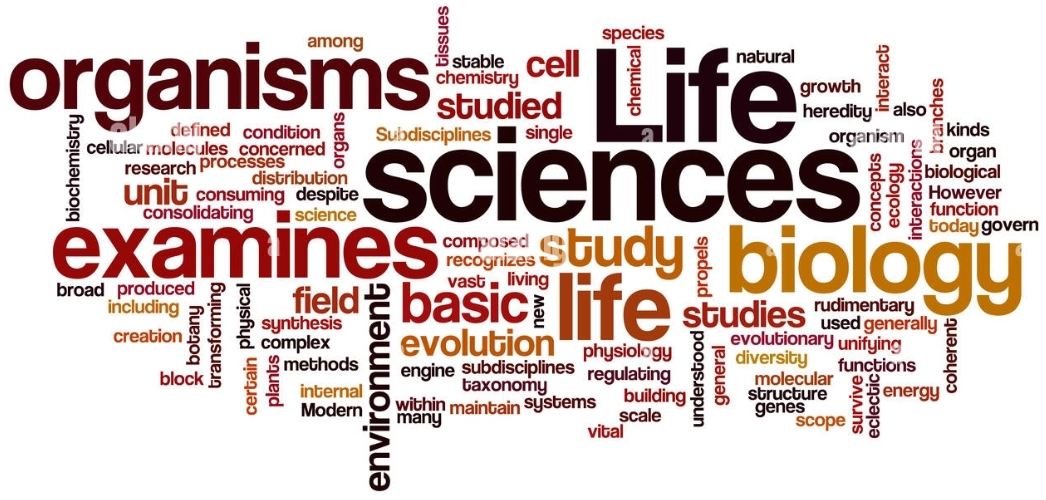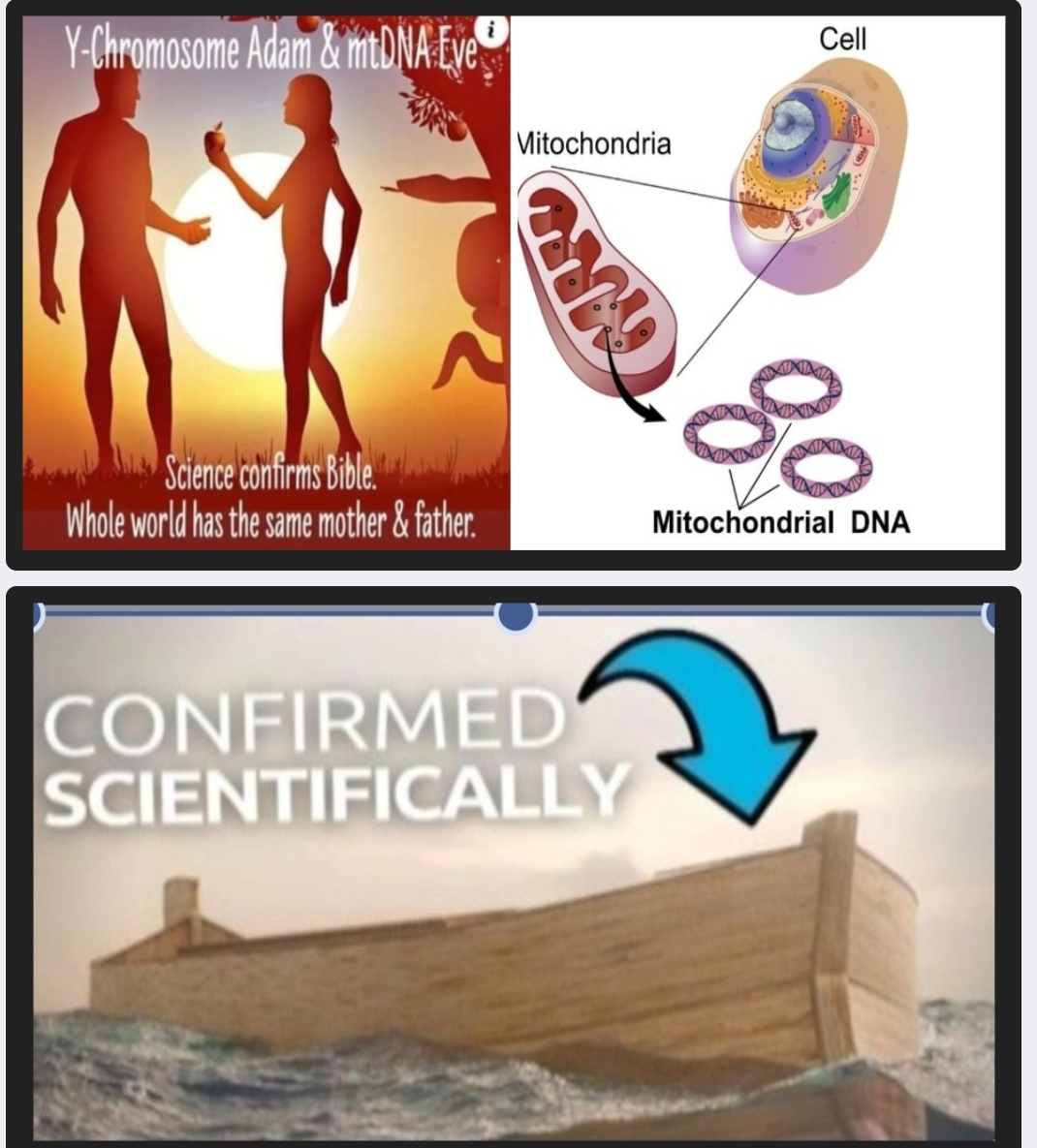Epigenetics sees the Organism as "Agent" not a slave to DNA per Darwin
The article "The agential perspective: Countermapping the modern synthesis" by Denis M. Walsh and Gregory Rupik (2023) compares and contrasts two theoretical perspectives on adaptive evolution: the orthodox Modern Synthesis perspective and the nascent Agential Perspective.
The Modern Synthesis perspective is the dominant view of evolution in biology. It is based on the idea that evolution is driven by natural selection, which is the process by which individuals with advantageous traits are more likely to survive and reproduce than individuals with less advantageous traits.
The Agential Perspective is a newer view of evolution that emphasizes the role of agency in shaping the course of evolution. Agency is the ability of an individual to make choices and act on those choices. In the context of evolution, agency refers to the ability of individuals to make choices that affect their own fitness and the fitness of their offspring.
The Agential Perspective argues that agency is a powerful force in evolution. Individuals with greater agency are more likely to make choices that lead to their own success, and the success of their offspring. This can lead to the evolution of new traits and behaviors that are beneficial to the individual and the species.
The Agential Perspective is a challenge to the traditional view of evolution, which sees evolution as a deterministic process that is driven by natural selection. The Agential Perspective argues that agency gives individuals some control over their own evolution, and that this can lead to the evolution of new and unexpected traits.
The article by Walsh and Rupik compares the two perspectives on a number of dimensions, including their ontologies, their methodologies, and their implications for our understanding of evolution. They argue that the Agential Perspective offers a more comprehensive and accurate view of evolution than the Modern Synthesis perspective.
The article concludes by arguing that the Agential Perspective can help us to understand the specific ways in which agency can shape the course of evolution.
The article by Walsh and Rupik is an important contribution to the debate on the role of agency in evolution. It provides a clear and concise overview of the two perspectives, and it argues persuasively that the Agential Perspective offers a more comprehensive and accurate view of evolution. The article is a must-read for anyone interested in the latest thinking on evolution.
Epigenetics sees the organism as an agency. This means that the organism is not simply a passive recipient of its genetic inheritance, but is instead an active participant in shaping its own development and behavior.
The agential perspective on epigenetics is based on the idea that epigenetic changes are not simply random events, but are instead influenced by the organism's experiences and environment. For example, studies have shown that stress, diet, and exercise can all have epigenetic effects. These studies suggest that the organism's choices and actions can have a real and lasting impact on its epigenetic profile.
The agential perspective on epigenetics has a number of implications for our understanding of health and disease. For example, it suggests that we may be able to prevent or reverse some diseases by making changes to our behavior or environment. It also suggests that we may be able to use epigenetics to improve our resilience to stress and other challenges.
The agential perspective on epigenetics is a relatively new field of study, but it is rapidly gaining momentum. As our understanding of epigenetics continues to grow, the agential perspective is likely to become increasingly important in our understanding of health and disease.
Here are some examples of how the agential perspective on epigenetics can be applied to our lives:
Stress management: Stress can have a number of negative epigenetic effects, including increasing the risk of diseases such as heart disease, cancer, and depression. By learning how to manage stress, we can reduce the negative epigenetic effects of stress and improve our overall health.
Diet: Our diet can also have a significant impact on our epigenetic profile. Eating a healthy diet that is rich in fruits, vegetables, and whole grains can help to promote positive epigenetic changes.
Exercise: Exercise is another important factor that can influence our epigenetic profile. Regular exercise has been shown to reduce the levels of stress hormones in the body, which can have a number of positive epigenetic effects.
The agential perspective on epigenetics provides us with a powerful tool for understanding and improving our health. By making choices that promote positive epigenetic changes, we can reduce our risk of disease and improve our overall well-being.
In addition to the examples mentioned above, there are many other ways in which the agential perspective on epigenetics can be applied to our lives. For example, we can use epigenetics to understand the impact of trauma on our health, to develop new treatments for diseases, and to even improve our cognitive function.
The agential perspective on epigenetics is a rapidly evolving field of study, and we are only just beginning to understand the full implications of this new way of thinking about our health and well-being. However, it is clear that epigenetics has the potential to revolutionize our understanding of health and disease, and to give us new tools for improving our lives.




Comments
Post a Comment